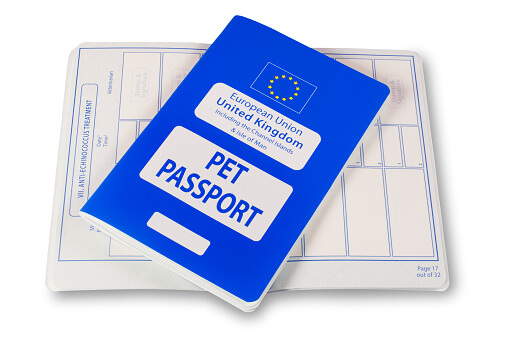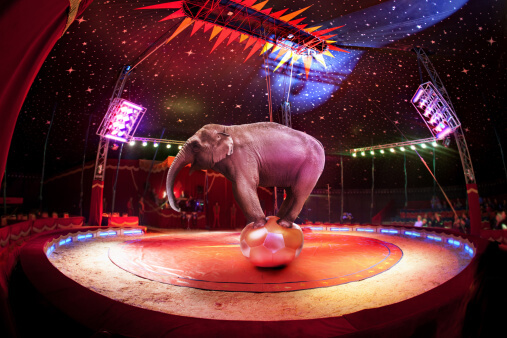Netherlands is among top 10 countries in happiness index and they prove it very well. The Government not only cares about the people but also care about the animals of the country and thus they have made these Top 5 Important Categories of Animal Welfare Requirements.
If you keep animals in the Netherlands, you must be aware of the animal welfare requirements laid down in the Animal Act (Wet dieren) (in Dutch). The regulations differ according to the type of animal. Most municipal authorities ban keeping animals in large numbers. Do you breed animals or keep them as a hobby? You can apply to your municipal authority for an exemption from this ban.
Top 5 Important Categories of Animal Welfare Requirements
Production animals
The general animal welfare requirements apply to all production animals kept by farmers. In addition there are requirements on housing and health (in Dutch). Separate regulations apply to the keeping of commercial animals, such as cattle, pigs and broiler chickens.
As a result of the corona pandemic the ban on mink farming (in Dutch) was brought forward.
You are not allowed to perform physical interventions on animals unless there is a medical necessity or in case of exceptions as described in the Veterinarian decree (Besluit diergeneeskundigen, in Dutch). There is a ban on the trimming of beaks (in Dutch) of chickens and turkeys, but not broiler chickens. There is also a ban on removing the back claw/spur of roosters and turkeys, and on removing the nose flap of pheasants.
Pet animals
If you breed, buy, sell or board pet animals professionally (in Dutch), strict rules apply. You must:
- register the location where you keep the pet animals (in Dutch). You need to register the location upfront. The location will then be assigned for a unique business number (UBN).
- register your professional requirements (in Dutch)
- follow the rules for housing and handling (in Dutch)
- comply with the rules on breeding pet animals (in Dutch)
- comply with the rules on health and vaccination programmes (in Dutch)
- comply with the rules on selling and supplying (in Dutch)
- keep records (in Dutch)
- ask your municipality if you need an environmental permit
These requirements apply to breeders, traders and intermediaries in animals, pet stores, animal shelters and boarding kennels.
Breeding of pet dogs and cats
If you breed pet dogs and cats, the rules as stated above for breeding pets apply. Extra rules apply as well. A dog can have at most 1 litter per consecutive 12-month period. For cats this is at most 2 litters per 12 months and at most 3 in 24 months.

Registration of dogs and dog passports
All dogs must be registered in the Netherlands (in Dutch) and microchipped. Also every dog in the Netherlands should have a European pet passport. The passport should state:
- where the dog is from
- who is the breeder
- which vaccinations it has had
Only veterinarians can issue dog passports. The passport is linked to the dog’s registration. Veterinarians and authorised microchipping professionals are responsible for the correct birth registration of dogs, instead of breeders.

Sale of pet animals
If you sell pet animals:
- you may not sell animals to persons under 16
- you may not display animals in your shop window
- you must provide written information to the buyer
Importing pet dogs, cats and ferrets
If you import pet dogs, cats or ferrets, you must use a European pet passport issued by any authorised veterinarian. Passports without proper identification are not considered to be valid EU pet passports and are not accepted.
If you want to bring young dogs, cats and ferrets into the Netherlands, you must get them vaccinated against rabies. They must be at least 12 weeks old when vaccinated against rabies for pet travel. You must then wait another 21 days from the date of your pet’s primary rabies vaccination before you can enter the Netherlands. This is to make sure the vaccine is active. Dogs and cats should also be microchipped. If you import animals from outside the EU, the animals need a heath certificate.
Separating young animals from their mother
The Animal Keepers Decree (Besluit houders van dieren) stipulates minimum ages (in Dutch) for separating dogs, cats, rabbits, birds and various types of non-human primates from their mother.
Pet animals list
There is a pet animals list (in Dutch) with animals that may be kept as pet without any further requirements. Please note that this list is not up-to-date. At present there are no further requirements for the animals on this list. A new pet animals list is being drafted and is expected to be completed in 2021.
Circus animals
You are no longer allowed to use wild mammals (scroll down for English and German) in circus acts nor transport these animals for this purpose. However, there are several exceptions, such as animal acts in zoos or marine parks and transportation of such animals through the Netherlands by foreign enterprises, provided the animals do not perform in the Netherlands.

Dispensations and exemptions
You may request dispensation for certain bans or regulations under the Animal Act through RVO. This dispensation or exemption will only be granted in very exceptional cases. Your activities may not harm the health or welfare of the animals.
Online application procedure via Message Box
Depending on the kind of dispensation or exemption, you can submit a request to the Netherlands Enterprise Agency (RVO) or the Netherlands Food and Consumer Product Safety Authority (Nederlandse Voedsel en Waren Autoriteit, NVWA) via Message Box. Message Box is a secure email system that enables you as an entrepreneur to exchange digital messages with Dutch government agencies.
Read More About Animals in the Netherlands @ All You Need to Know About Keeping Pets in the Netherlands